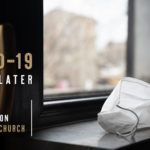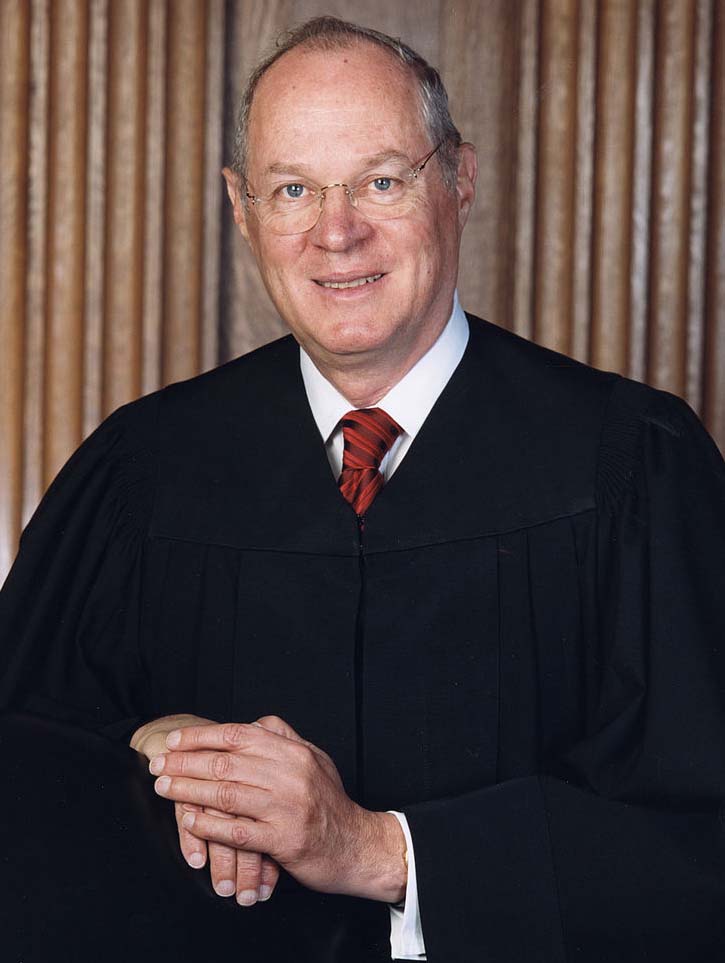
CINCINNATI (BP) – Government restrictions against Christian schools in Kentucky and Michigan during the COVID-19 pandemic have been upheld by a federal appeals court.
Kentucky Gov. Andy Beshear did not violate the religious liberty of kindergarten-12th grade private religious schools in ordering a temporary suspension of their onsite classroom instruction, the U.S. Sixth Circuit Court of Appeals in Cincinnati ruled Sunday (Nov. 29). The appeals court three-judge panel overturned a district court decision that had blocked a Beshear executive order impacting bars, restaurants and public and private schools statewide until COVID-19 cases subside.
In a Michigan case, a separate three-judge panel from the Sixth Circuit appeals court refused Nov. 20 to block an order from the Ottawa County Department of Public Health closing onsite instruction at Libertas Christian School for failing to follow certain guidelines to prevent the spread of the coronavirus. Libertas, a kindergarten–senior high school in Hudsonville, Mich., said the cease and desist orders the county issued the school violated the constitutional rights of parents to “educate and discipline” their own children, Mlive.com reported Sunday.
Russell Moore, president of the Southern Baptist Ethics & Religious Liberty Commission, said Monday (Nov. 30), “State and local leaders must strive for consistency with these restrictions while realizing, as the Supreme Court has affirmed, the First Amendment still applies.
“No church or religious institution should ever be unfairly targeted especially since the vast majority of these groups have often been leading the way in taking this virus seriously. So what is called for is a balanced approach that prioritizes public health during this crisis without unfairly singling out religious organizations. By doing this, civic leaders will instill more confidence about their handling of this pandemic.”
The rulings come in the midst of various legal challenges to governmental restrictions during COVID-19. Wednesday (Nov. 25), the U.S. Supreme Court issued a narrow 5-4 decision blocking New York state limits on attendance at churches and synagogues as the pandemic surges. The court said the New York “restrictions at issue here, by effectively barring many from attending religious services, strike at the very heart of the First Amendment’s guarantee of religious liberty.”
In Kentucky, elementary schools must halt in-person classes today (Nov. 30) for at least a week, depending on coronavirus case counts in the counties where schools are located, according to Beshear’s executive order. Kentucky Attorney General Daniel Cameron is planning to appeal the case to the U.S. Supreme Court. Beshear has ordered middle and high schools to remain closed until Jan. 4.
“When you tell folks who send their kids to religious-affiliated schools, which is an act of worship within itself, that they cannot go to school, it infringes upon the First Amendment rights,” Cameron said this morning on Fox and Friends. “And what I’ve said from the beginning is that my responsibility as the chief legal officer here in the commonwealth is to defend our Constitutional rights. We’ve had over 1500 parents join us in this litigation.” The Kentucky case was initiated by Danville Christian Academy in Danville, Ky.
In Michigan, Ottawa public health officials shut down Libertas Oct. 23 because the school refused to adhere to an order that teachers and students wear masks and refused to submit to contract tracing. Two teachers tested positive for the virus. The school reopened after a quarantine period ended Nov. 5, but voluntarily closed shortly afterward until Thanksgiving because of an increase in COVID-19 cases in the area, MLive.com reported.
The school lost two separate requests to block the county order, both at the district and circuit court levels but has not indicated it will pursue the case at the U.S. Supreme Court.
The appeals court said Libertas “failed to establish that the district court abused its discretion in denying a preliminary injunction,” MLive.com reported.
























